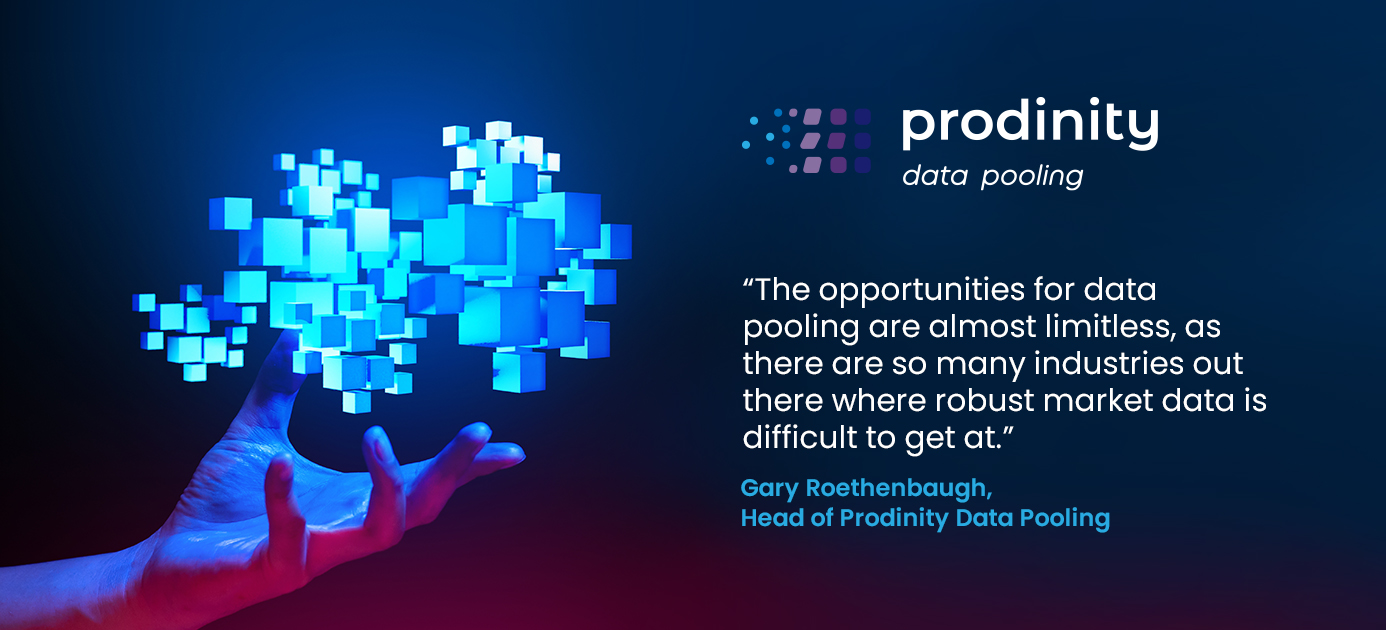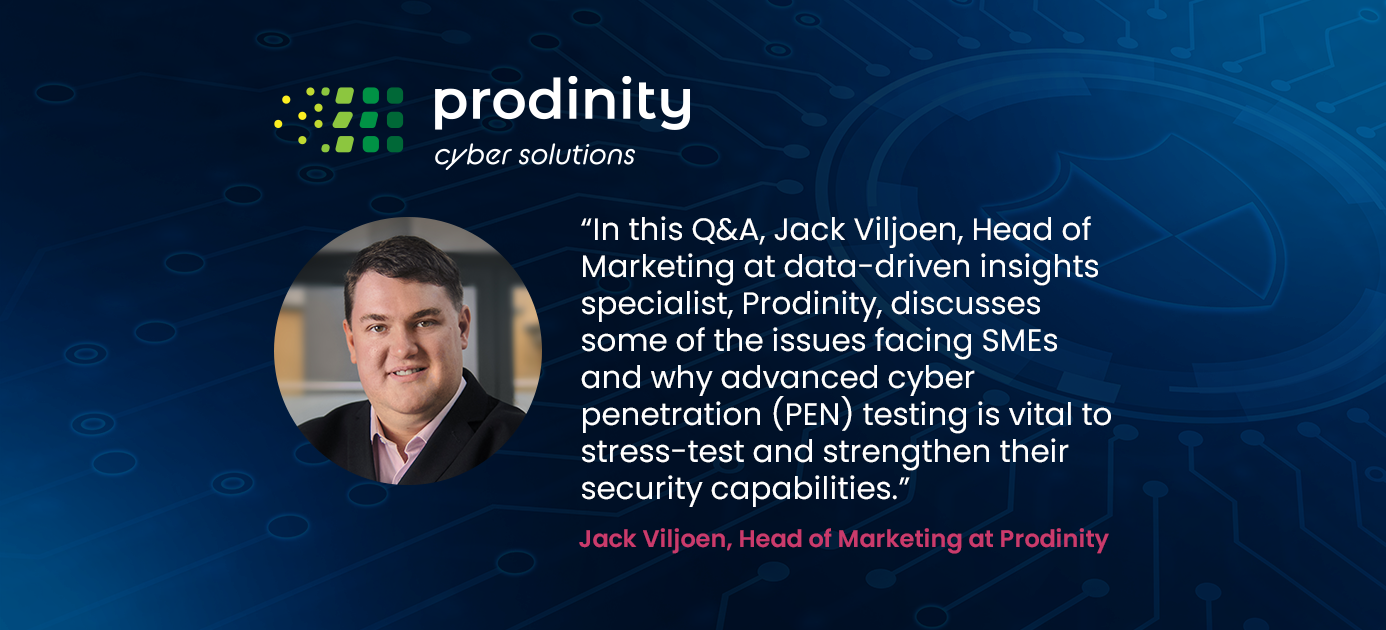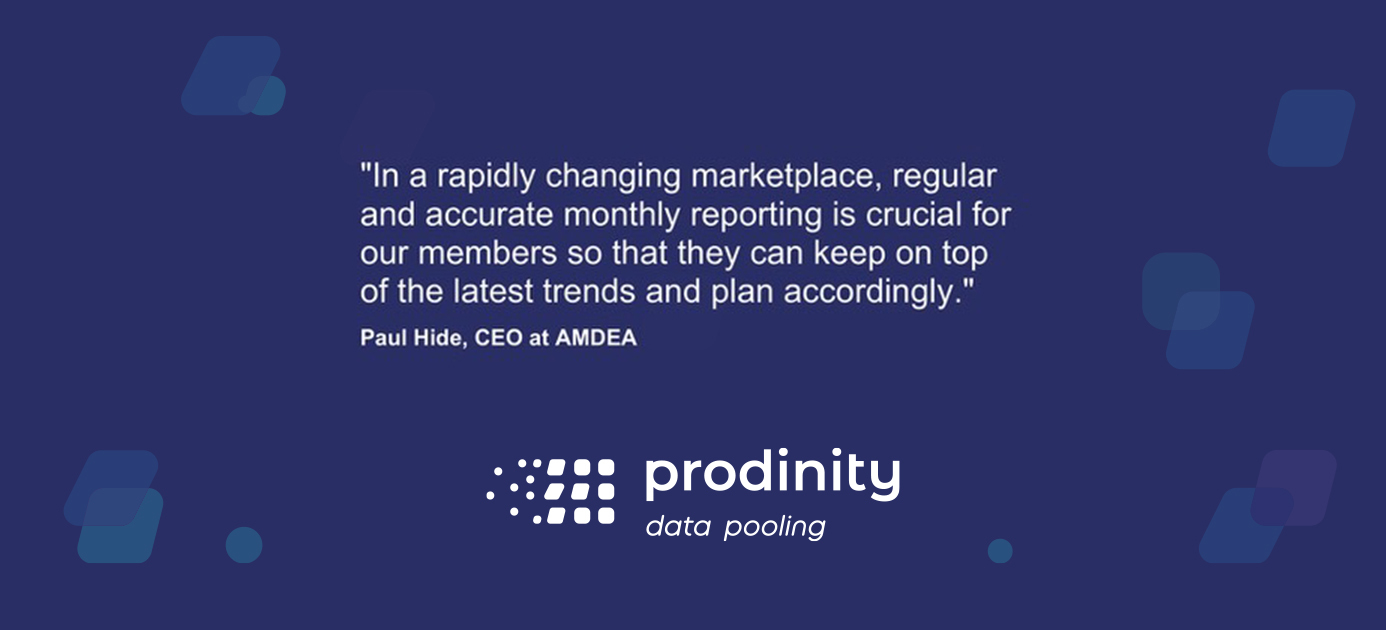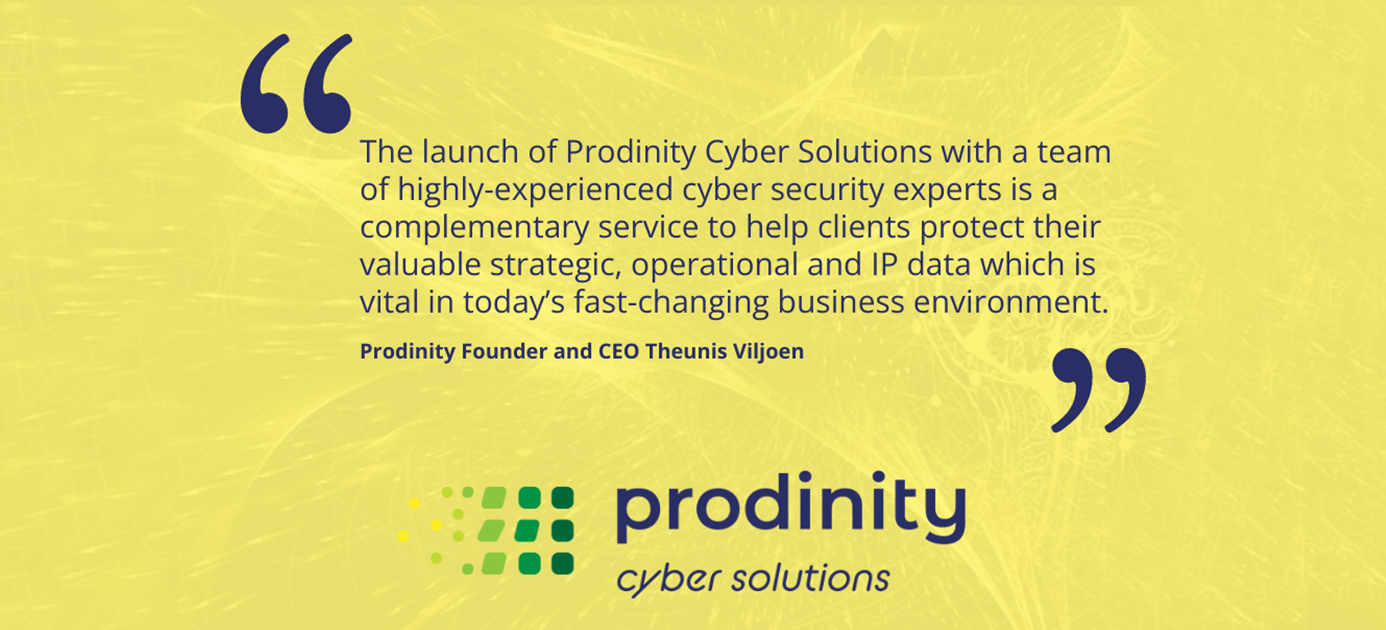
Data Pooling: Five Questions with Gary Roethenbaugh
What are the big trends shaping data sources and pooling demand in 2023, and how can businesses stay ahead of the curve?
Prodinity Data Pooling was launched in 2022 as a joint venture between Prodinity and specialist research company MultiSport Research. We caught up with Gary Roethenbaugh, Founder of MultiSport Research and Head of Data Pooling at Prodinity, to find out more about his background and the opportunities and challenges for companies looking to better manage their data in 2023.
Data pooling is a mechanism for clients to become more data driven. It enables participating companies to benchmark their performance against a pool of sales or industry segment data from all participating companies. This allows for a regular flow of market data in areas where market sizing may be hard to reach.
Q: Tell us about your background and how you got to where you are today – was data always an interest for you in your career?
I’ve been very fortunate to have had a number of interesting roles, and work with some great people. My first graduate position was with the accountancy firm KPMG. I worked in the company’s corporate investigations & insolvency team, initially in London followed by a short stint in Hong Kong.
After KPMG, I was drawn to research and consulting. This was initially in the area of computer security research, followed by analysis of the global beverage marketplace, and then more recently the home appliances category. These are clearly very different markets from one another. But the principles of market & consumer insight and business intelligence are still common to all.
Around 12 years ago, I set up my own company, MultiSport Research, in order to apply my experience to a sector that had a personal as well as a professional interest.
At each point in my career, I suppose that data has always been there. My real interest is making the insights as clear and intelligible as possible. There’s no need to make it complicated after all. Over the years, it’s been a privilege to work in a variety of industries – and also to apply the concept of data pooling to help clients with robust, timely and actionable insights.
Q: Is there a link between increased profitability and better data transformation?
The short answer is ‘yes’. If an organisation has data that is easier to access, and to use, then it will become more efficient. From this comes smarter operational decisions, and less time and resources wasted.
Q: How important is real-time data knowledge, and how does data pooling help this?
Data pooling can operate in real-time with a constant in-bound and out-bound flow of data. However, we typically run data pooling systems on a monthly reporting cycle. This monthly cycle gives time for marketing and commercial teams to digest data and act accordingly. It also ensures that business decisions can be aligned with monthly management accounts and internal reporting procedures.
Q: What are the opportunities and challenges that will be the main drivers of demand for data pooling from companies you work with in 2023?
The opportunities for data pooling are almost limitless, as there are so many industries out there where robust market data is difficult to get at.
Companies cannot operate in a vacuum. They need to understand their marketplace and where they sit within it. Data pooling provides a mechanism to identify non-audited sales channels, and where market sizing data may be hard to reach.
Q: If you could issue one call to action for the market from a data perspective, what would that be?
This would be a focus on collaboration. Data pooling tends to be easier to set up via trade associations or other industry groups where a number of companies work together on industry issues.
This is not about companies sharing sensitive information with each other. As the ‘administrator’ of a data pooling system, Prodinity Data Pooling (PDP) acts effectively as a moderator on all reporting – to preserve confidentiality of all contributors’ data. We never disclose competitors’ market share. By collaborating and working with us at PDP, companies can see the ‘collective view’ on market trends.
We issue reports and timely market insights for companies that have chosen to work together to better understand their marketplace. Ultimately, each company gets accurate benchmarking of their performance against a pool of sales or industry segment data from all participating companies.
This all requires collaboration in the first place, either via a trade organisation or an informal collective of companies.
Thank you for your time Gary!
Find out more: Prodinity Secures New Data Pooling Client


